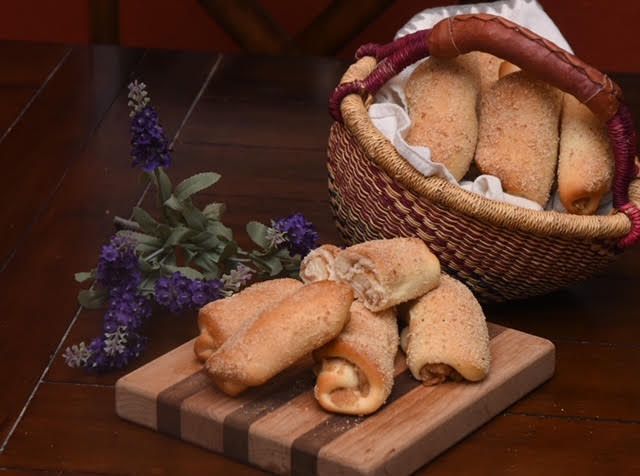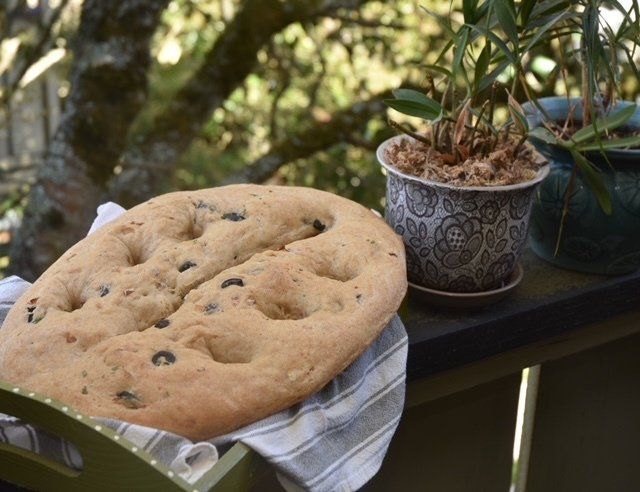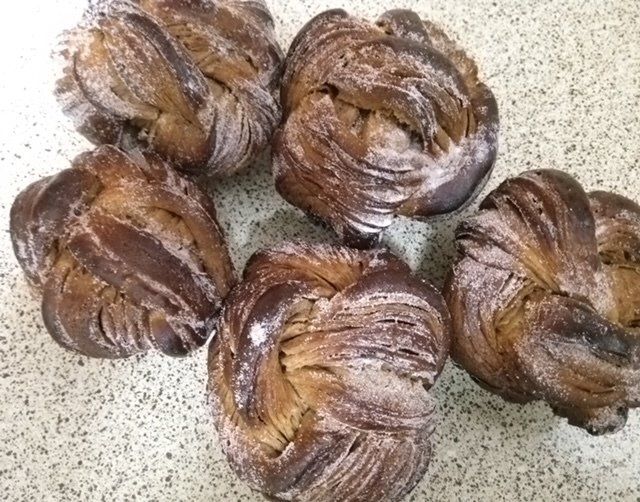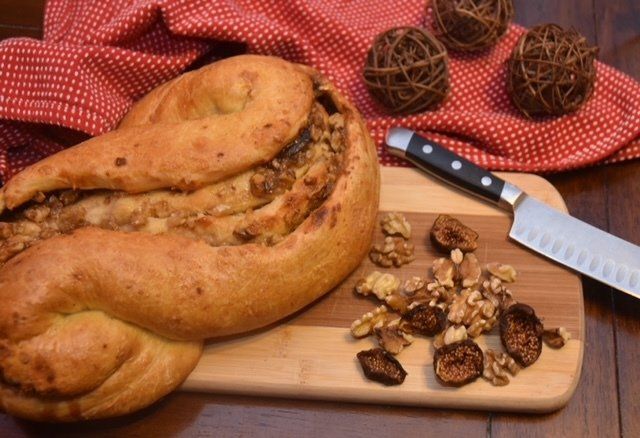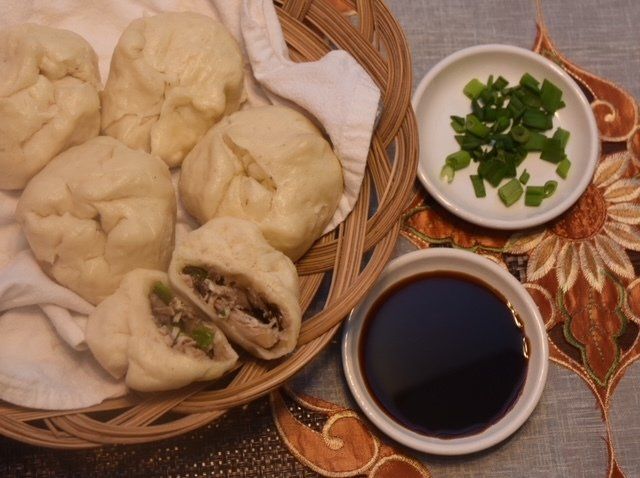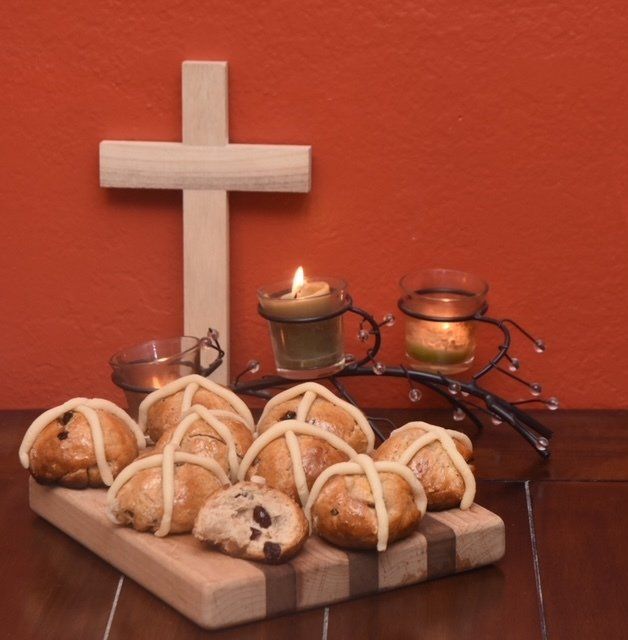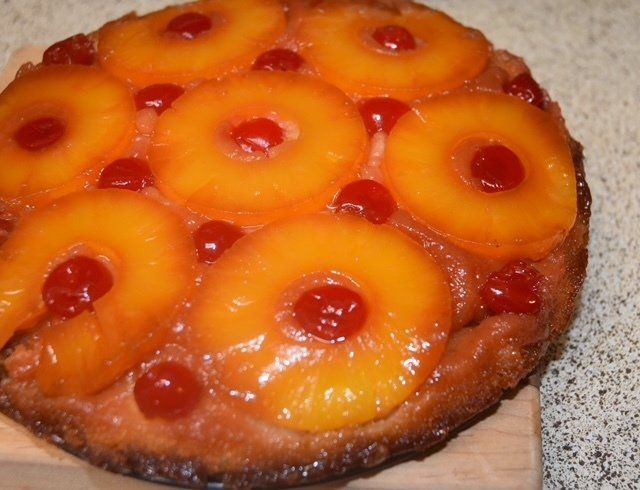Today, I think of the women of Holy Week.
My formative faith first called me God's own. My formative faith also first told me my role in God's upside down kin-dom was limited because of my gender. We didn't pay much attention to Holy Week either. Now, each year during Holy Week, I set aside a day to remember the women of Holy Week, to remind myself just how much the Easter story affirms the former and rejects the latter.
Did the women know? Martha hosted Jesus at her home while he traveled between Bethany and Jerusalem in the early days of Holy Week. When her sister, Mary, broke open the jar of oil and washed Jesus' feet, did she sense the danger that lay ahead for him in Jerusalem?
The women stayed at the cross. Since my first Advent in the Episcopal Church when I was very pregnant, I've slowly been nurturing a devotion to Blessed Mary, the God-bearer. When my child asked me to read him the story (the Crucifixion and Resurrection, always together for little ones) again last night, my heart broke for Mary, watching her child die.
On Sunday morning, the women showed up at the tomb. I don't know if they believed in the Resurrection then or just needed to manifest their grief, but they showed up when the others didn't. In a culture that did not value the witness of women, God's upside down kin-dom called them in and made these women the witnesses to the Resurrection. Mary Magdalene, who the church has tried to whore up throughout history, was the first person commissioned to deliver the Good News.
I thought about these women as I rolled my dough today. And I cried for their sorrow and I laughed for their joy, as I see them doing as they worked their own doughs in my sacred imagination. And I remembered them, those named and those whose names we have lost, because remembering is a holy thing.

